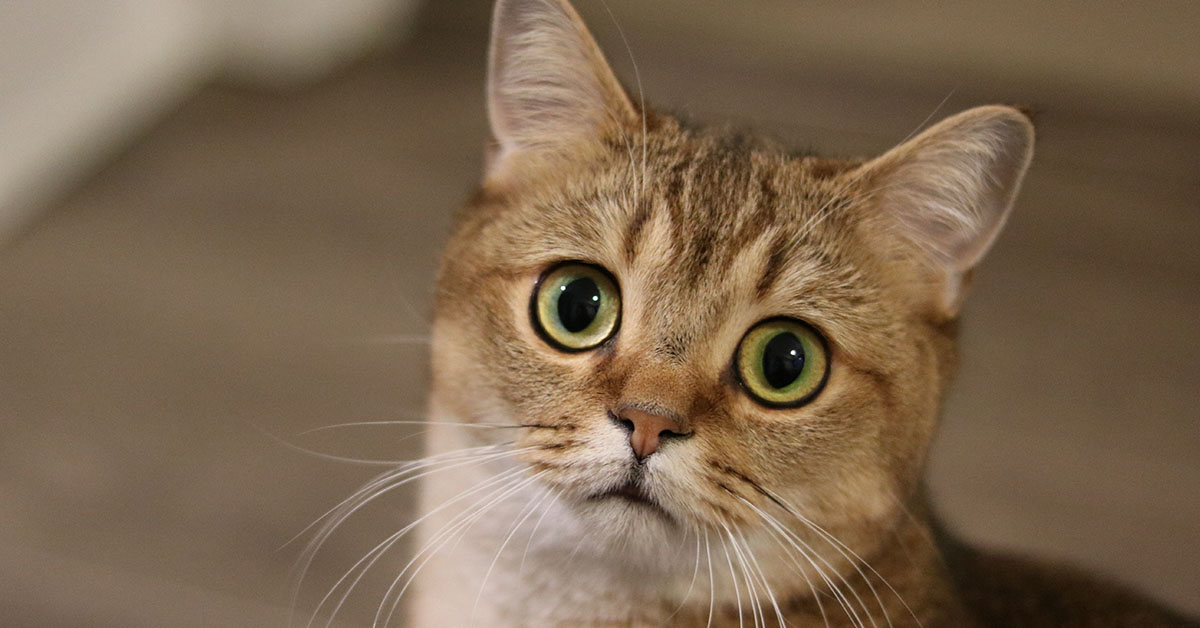For most, pets become well-loved, if not spoiled, family members. Therefore, it’s hard to imagine a life without them. Sadly, there may be some news for cat lovers. A new study has found a possible correlation between owning a cat and developing schizophrenia. But the reason may not be what you think.
Cats may Increase Risk of Schizophrenia

While people love their furry friends and other pets, hygiene is just one of the many risks associated with animals and humans cohabitating. According to research from 17 studies done over the last 44 years, scientists found that people who owned cats before the age of 25 were twice as likely to develop schizophrenia. The findings were published in the Schizophrenia Bulletin journal, and authored by Dr. John McGrath.“Our findings support an association between cat exposure and an increased risk of broadly defined schizophrenia-related disorders,” he wrote.
Schizophrenia-causing parasite

Although scientists are still researching this conclusion, the link between cat owners and schizophrenia has been alarmingly high. However, there may be a more concise explanation. Apparently, the reason for this phenomenon is because of a parasite. Many studies found a link between cat owners, schizophrenia, and the presence of a parasite called Toxoplasma gondii or T. gondii. Otherwise known as the “cat poop parasite”. The schizophrenia-causing parasite is present worldwide in cats in developed countries.
Understanding Schizophrenia

Arguably, schizophrenia is as terrifying for the sufferer as it is for those around them. It’s a serious mental disorder that causes erratic behavior in sufferers. They’ve been reported to experience a range of debilitating complications such as hallucinations or delusions. Their thinking and behavior become impaired. So much so, that it often negatively impacts personal and professional relationships. Treatment for schizophrenia is incredibly involved, requiring a combination of medication and psychological counseling.
Parasite Transmission and Avoidance

T. gondii is spread through contact with infected cat feces or eggs but can be found in undercooked meat or infected fruits and veggies that haven’t been properly washed. It causes flu-like symptoms, swollen lymph nodes, blindness, brain damage, or a skin rash. It may also cause difficulty in motor skills and brain function. Essentially, the parasite can cause the brain to deteriorate “pre-maturely”. When left untreated the parasite can be fatal. However, it’s important to note that some people don’t experience any symptoms, increasing the risk of death or other health-related complications.
While the parasite can be difficult to detect, it can be easy to prevent infection and transmission. First and foremost, always wash your hands with soap and water after handling the litter box. If possible, sanitize the air and surfaces where the litter box is kept. Thoroughly wash produce and cook meat.
Other Complications

Unsurprisingly, schizophrenia isn’t the only complication associated with the parasite. Other conditions include:
- Obsessive-compulsive disorder
- Birth defects
- A vulnerable immune system
- Seizures
- Heart disorders
- Jaundice
- Or a skin rash
Conducting more Research

McGrath worked with a team of researchers from the Queensland Centre for Mental Health Research in Australia. As previously mentioned, they looked at 17 studies. These studies were conducted in 11 countries including the U.K. and the U.S. There’s still much debate regarding the correlation between cat ownership and mental health problems, namely schizophrenia. “There is a need for more high-quality studies, based on large, representative samples to better understand cat ownership as a candidate risk-modifying factor for mental disorders,” explains McGrath. However, if you can’t help but love a furry feline, it’s certainly worth speaking to your doctor if you have any concerns. Or exhibit any of the symptoms mentioned above.
Sources
- “Do Cats Cause Schizophrenia?” Britannica
- “Schizophrenia.” Mayo Clinic.
- “Toxoplasmosis.” Mayo Clinic
- “Having a Cat Can Double Your Chances of Developing Schizophrenia, New Study Says.” People Vanessa Etienne. April 16, 2024.

